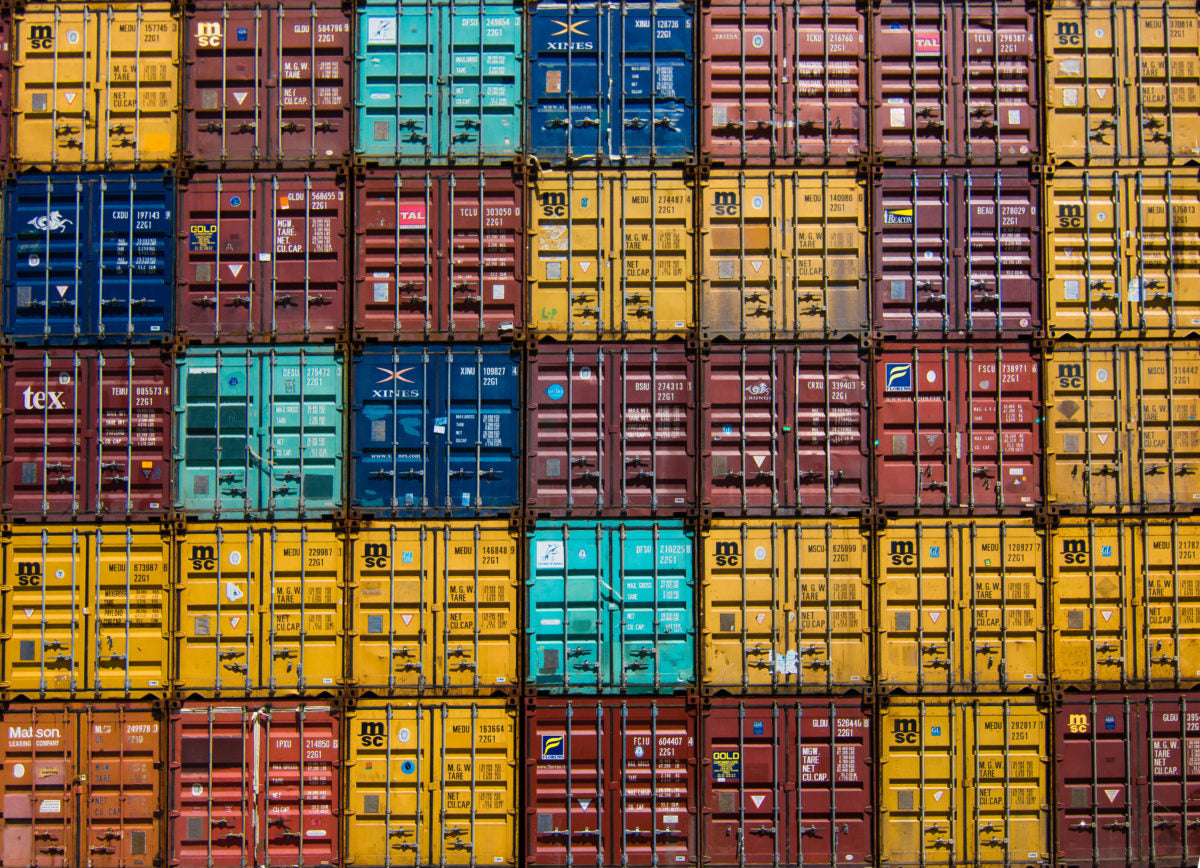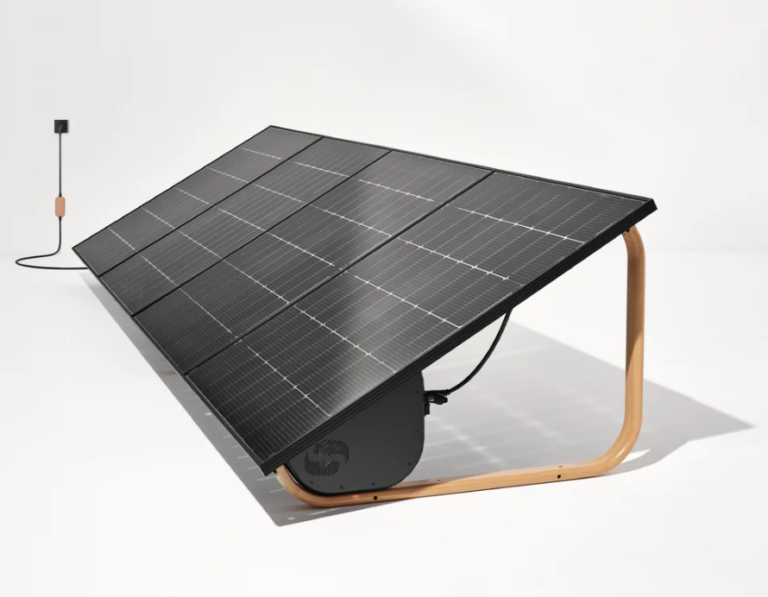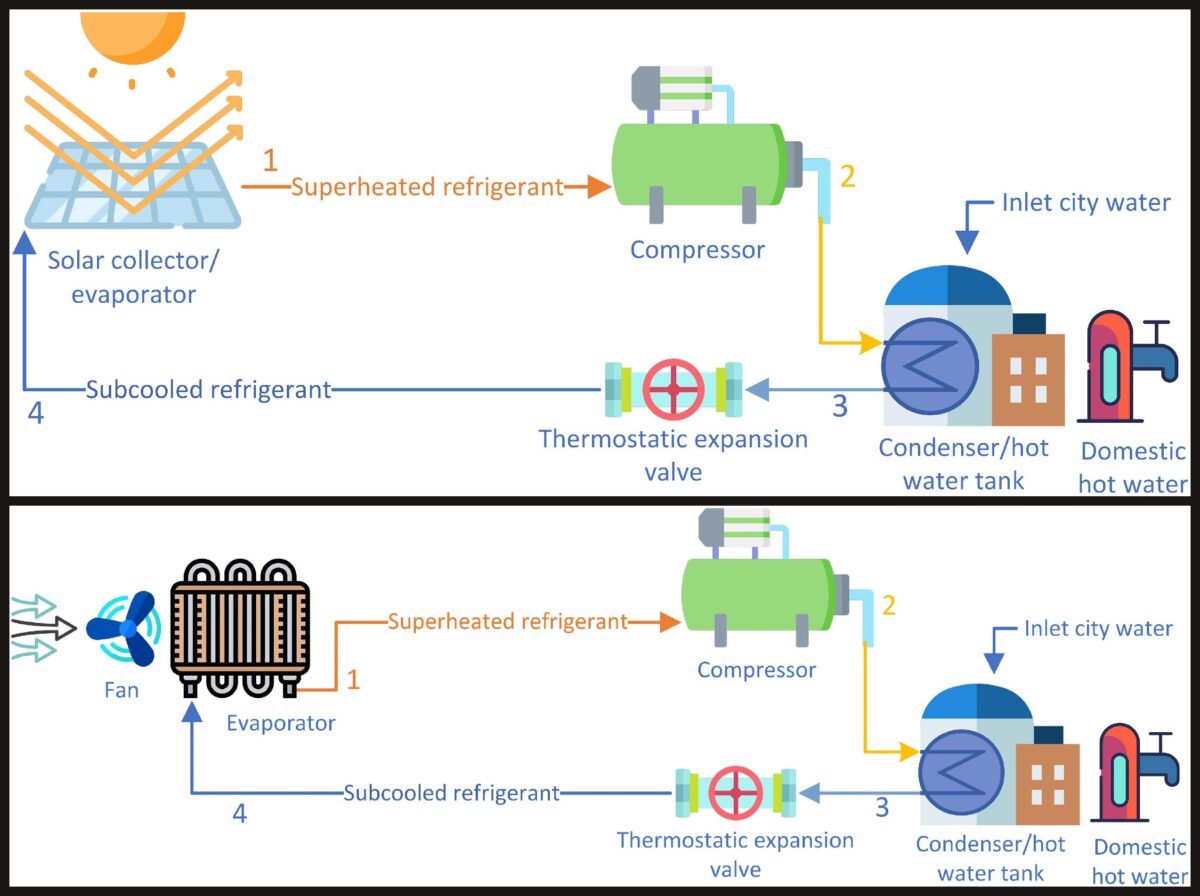https://pv-magazine-usa.com/2024/04/24/petition-filed-to-enforce-antidumping-tariffs-on-solar-imports/
Petition filed to enforce antidumping tariffs on solar imports

Shipping containers.
Image: Wikimedia Commons
A petition was filed to the U.S. Department of Commerce and the International Trade Commission, as a coalition of solar manufacturers with operations in the U.S. allege that four Southeast Asian nations are exporting dumped goods from China, making it difficult for domestic manufacturers to compete on cost.
The coalition, signed as the American Alliance for Solar Manufacturing Trade Committee, includes First Solar, Qcells, Meyer Burger, REC Silicon, and others. The companies said the current “manufacturing renaissance” in the United States is under threat from heavily subsidized Chinese cells and modules that are alleged to be in infraction with antidumping and countervailing duty (AD/CVD) law.
“Conditions are untenable for American solar manufacturers,” said Mike Carr, executive director of Solar Energy Manufacturers for America (SEMA) coalition. “SEMA will continue to fight for strong trade enforcement and onshoring our supply chain so American companies can thrive and we can usher in a new era of clean energy independence.”
Commerce has 20 days to act on the petition and initiate an investigation if deemed necessary. If the International Trade Commission then finds a preliminary finding of material injury, this would be issued within 45 days of the investigation, and a final determination would not be issued until spring 2025. President Biden issued a 2-year pause on solar AD/CVD tariffs in 2022, which is set to end in June 2024.
AD/CVD laws assess steep tariffs on solar cells and modules that are found to be in violation of dumping product in other countries to avoid tariffs. In previous solar AD/CVD cases, goods found in violation have been assessed tariffs with costs as high as 50% to 250% of the cost the shipped products.
The new petition calls for investigation of goods shipped from Vietnam, Cambodia, Thailand, and Malaysia. Roth Capital Partners previously warned that India may also be included in the petition, but it was ultimately not included in the list of named countries.
The coalition of U.S. manufacturers said “China’s unfair and illegal trade practices have inundated the market with dumped solar panels, undercutting the U.S. ability to compete.” Solar module prices have fallen to a record low, falling more than 50% over the last year. The coalition said if U.S. developers sourced 55% of their manufactured solar goods domestically, the solar manufacturing industry would support 900,000 U.S. jobs by 2035. Furthermore, onshoring the solar supply chain could cut global solar manufacturing emissions by 30%, said the coalition.
If Commerce takes up the investigation, it is expected to be a positive development for manufacturers like First Solar, while being a negative development for global suppliers like JinkoSolar and Canadian Solar. Roth Capital Partners said the investigation would also mark an “incremental negative” for the U.S. utility-scale industry broadly, including for tracker manufacturers like Nextracker and Array Technologies. Array Technologies called for the petition to be rejected.
“The Inflation Reduction Act has super-charged the expansion of the American solar supply chain, which is more than just modules—it’s trackers, inverters, balance of electrical systems and polysilicon manufacturers,” said Kevin G. Hostelter, chief executive officer, Array Technologies. “We need to keep growing solar deployment to create jobs and bolster our energy independence. More duties will only cause uncertainty and unnecessary project delays, holding the U.S. back in meeting our clean energy deployment and manufacturing goals.”
The Solar Energy Industries Association (SEIA), Advanced Energy United, American Council on Renewable Energy (ACORE), and American Clean Power Association (ACP) issued a joint statement in opposition to the petition.
“We are deeply concerned the AD/CVD petitions will lead to further market volatility across the U.S. solar and storage industry and create uncertainty at a time when we need effective solutions that support U.S. solar manufacturers,” said the joint statement. “We need constructive actions, like the Advanced Manufacturing Tax Credit and other policies, to expand domestic solar manufacturing and deploy clean energy at scale and speed to serve growing electricity demand.”
This content is protected by copyright and may not be reused. If you want to cooperate with us and would like to reuse some of our content, please contact: editors@pv-magazine.com.




